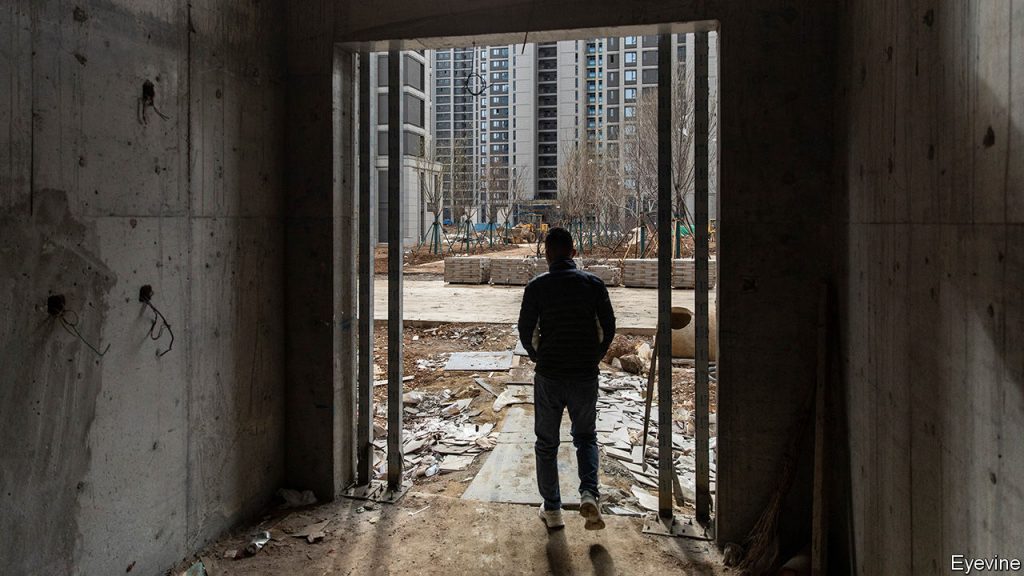China’s Unique Approach to Corporate Bankruptcy
Evergrande, a large property developer in China, is currently fighting for its life. The firm has been granted its fifth, and likely final, stay of liquidation by a Hong Kong court, yet mainland China has not even required a court visit. Surprisingly, only 308 of the country’s 124,665 developers declared bankruptcy last year, despite the significant challenges facing the property sector.
China’s exceptionally low corporate bankruptcy rate, about a fifth of that found in America, may seem like good news. However, the country is experiencing a wave of corporate defaults, including half of the 50 largest property developers in 2020. This has resulted in businesses struggling to reduce new borrowing and pay back outstanding loans, leading to stifled productivity and deeper economic malaise.
In China, the concept of creative destruction, where failing firms are replaced by more efficient ones, is not widely embraced. Local officials press lenders to prolong the lives of unproductive businesses, and lending rules restrict debt forgiveness, making it challenging for companies to restructure. A corporate bankruptcy requires the consent of courts, creditors, local government, and often a regulator, all of which have a strong interest in prolonging the survival of firms.
Barriers to bankruptcy mean that struggling firms have little choice but to refinance, replacing existing debts with new ones. This approach weighs on the economy and leads to increased liquidations when cases do reach court because those that make it to that stage are usually in terrible condition. Additionally, China’s bankruptcy rules have international ramifications, as the country has become the world’s largest sovereign creditor, having lent $1.5 trillion to governments around the globe.
Overall, China’s unique approach to corporate bankruptcy has implications both domestically and internationally. Despite the challenges, it’s clear that the country’s reluctance to embrace creative destruction and its aversion to formal bankruptcies have significant repercussions. As the landscape continues to evolve, it will be important to keep an eye on the economic and financial developments in China.
For more expert analysis of the biggest stories in economics, finance, and markets, be sure to stay updated with our latest coverage.
Source link













